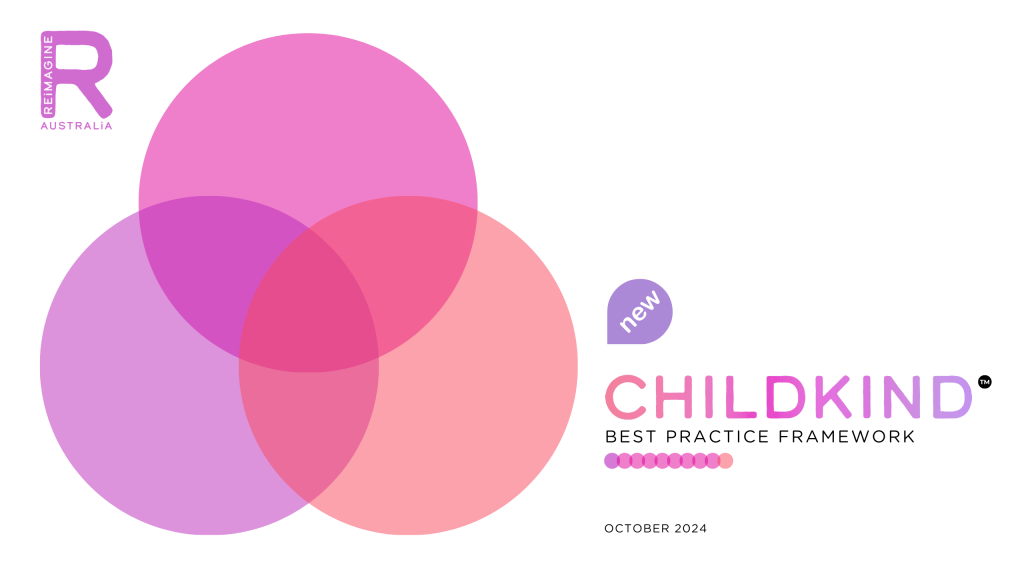KEY COMPETENCY 8.2 – LEARN AND GROW
“I will regularly reflect on my practices to improve my support for children and families.”
Reflective Practice is the second competency under the ‘Learn and Grow’ Way of Working, and relates to the ‘design and delivery of services and supports‘ phase of the child’s early developmental support journey. It is important for:
Self-Awareness: Reflective practice encourages practitioners to critically assess their experiences, enhancing self-awareness and identifying areas for personal and professional growth.
Improved Decision-Making: By reflecting on past actions and outcomes, practitioners can make more informed decisions and adjust their approaches to better meet the needs of children and families.
Enhanced Quality of Care: Regular reflection fosters continuous improvement in practices, leading to higher quality support and more effective interventions.
Empowerment: This competency encourages a mindset of learning and adaptability, empowering practitioners to evolve in their roles.
Reflective practice involves regularly analysing and evaluating one’s own work to improve the quality of support provided to children and families. It helps practitioners recognise strengths, identify areas for improvement, and remain adaptable to the changing needs of those they serve.
Research emphasises the role of reflective practice in enhancing the effectiveness of early childhood educators. The Early Childhood Australia (2020) Code of Ethics also underscores the importance of reflection in ethical and professional practice. Reflective practice helps practitioners stay attuned to the evolving needs of children, particularly in inclusive and neurodiverse settings.
Research and Further Reading:
Venninen, T., Leinonen, J., Ojala, M., & Lipponen, L. (2012). Creating conditions for reflective practice in early childhood education. International journal of child care and education policy, 6, 1-15.
COMPETENCY MILESTONES
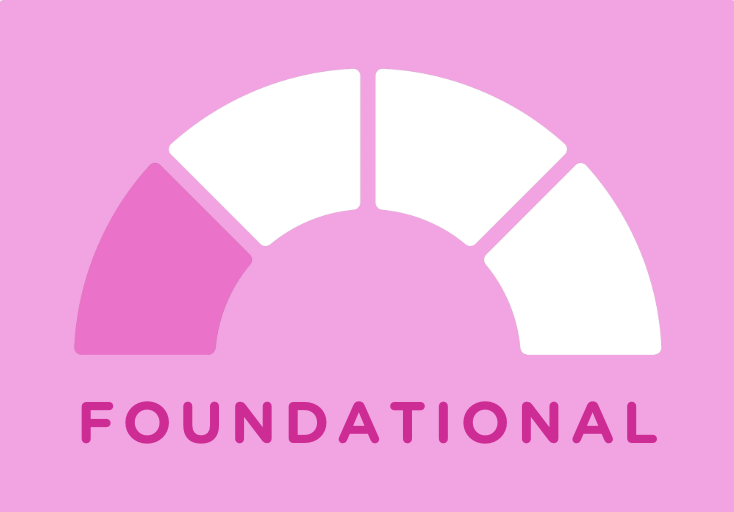
I am able to:
Engage in reflective analysis with support as needed, evaluating interactions and decisions to gain awareness of personal biases and assumptions.
Use feedback to assess practice effectiveness and identify areas for improvement, aligning actions with established best practices.
Adhere to ethical guidelines and professional standards in supporting children and families, maintaining integrity and accountability in practice.
Establish a relationship with a senior practitioner early on to guide and support reflective practice.
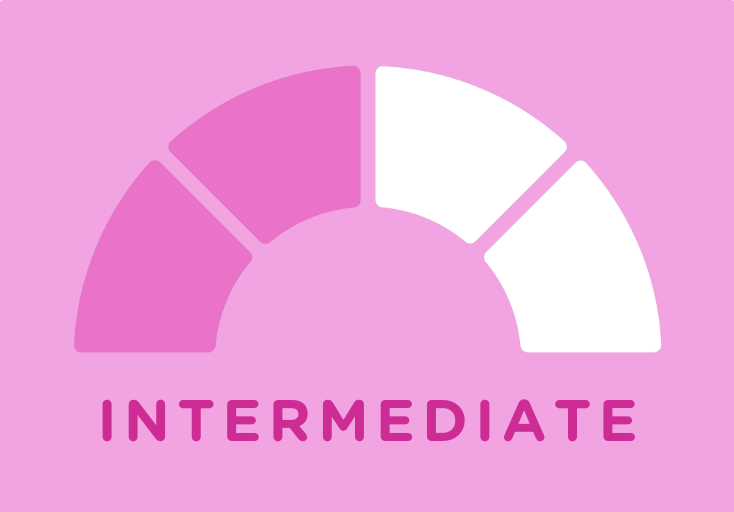
I am able to:
Conduct independent reflective analysis to evaluate interactions and decisions, integrating feedback to enhance professional practice.
Support colleagues in developing reflective skills, providing guidance and feedback to promote continuous learning and improvement.
Enhance support effectiveness through ongoing reflection, making adjustments based on insights gained through reflective practices.
Maintain ongoing collaboration with a senior practitioner to embed reflective practice into daily work.
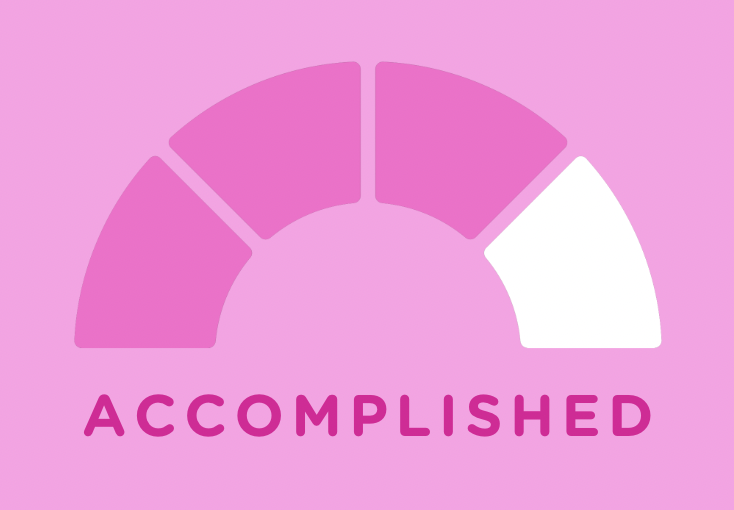
I am able to:
Conduct independent reflective analysis to evaluate interactions and decisions, integrating feedback to enhance professional practice.
Lead reflective practice initiatives within teams and organisations, fostering a culture of continuous learning and improvement.
Mentor peers and junior colleagues in reflective practice methodologies, promoting a supportive environment for professional development.
Use insights from reflective practice to inform strategic decisions and enhance service delivery outcomes.
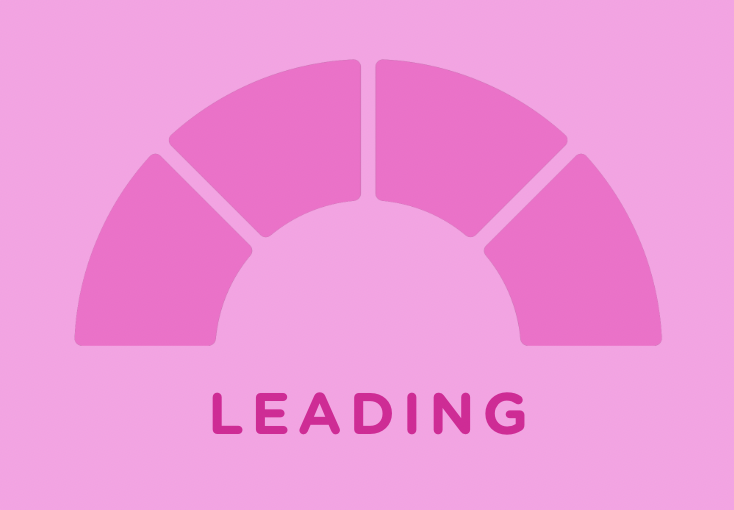
I am able to:
Conduct independent reflective analysis to evaluate interactions and decisions, integrating feedback to enhance professional practice.
Seek out emerging reflective practice frameworks and methodologies, introducing new approaches to enhance learning and development.
Cultivate a culture of reflective inquiry at all organisational levels, fostering an environment where reflection is valued and encouraged.
Deep knowledge and understanding of the current research to advance evidence-based practices and contribute to knowledge in the field of early childhood intervention.
Reflection questions are a valuable tool for practitioners, promoting self-awareness, critical thinking, continuous improvement, and stronger relationships in their work with children and families. Below are some reflection questions for Key Competency 8.2: Reflective Practice:
How often do I reflect on my practices, and what insights have I gained from this reflection?
How does my reflection influence the way I approach challenges in my work?
Have I shared my reflections with peers for further insight?
Reflective practice allows us to pause, consider, and adapt—ensuring our work remains meaningful and impactful for children and families.
Fleet et al., 2021, p. 22).
Access more information on the ChildKind Best Practice Framework with its 10 Ways of Working, 30 Key Competencies and 8 supporting Values and Behaviours here:
